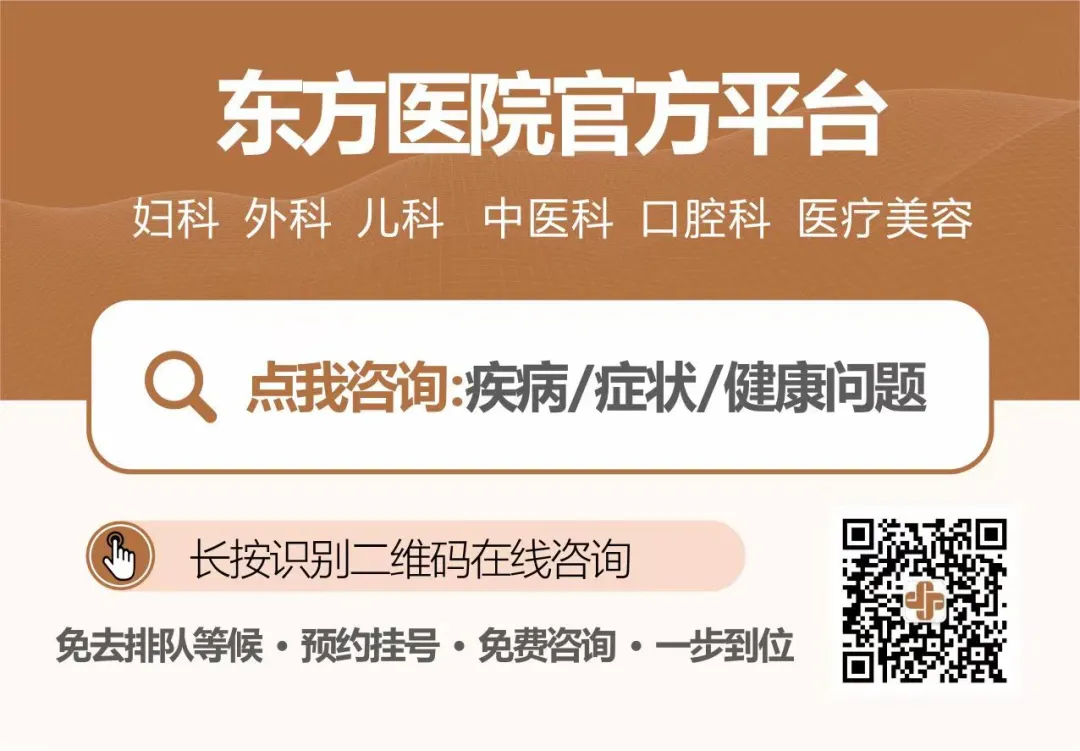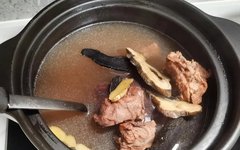

Spring Liver Nourishment and Spleen Health
In spring, everything revives and is full of vitality; it is a season when the yang energy of nature emerges and all things begin to grow. Traditional Chinese Medicine (TCM) believes that spring health maintenance should align with the changes in nature, following the principle of “nourishing yang in spring and summer,” focusing on nourishing the liver, regulating qi, and strengthening the spleen to achieve harmony between heaven and humanity, and balance of body and mind.

Basic Principles of Spring Medicinal Dishes
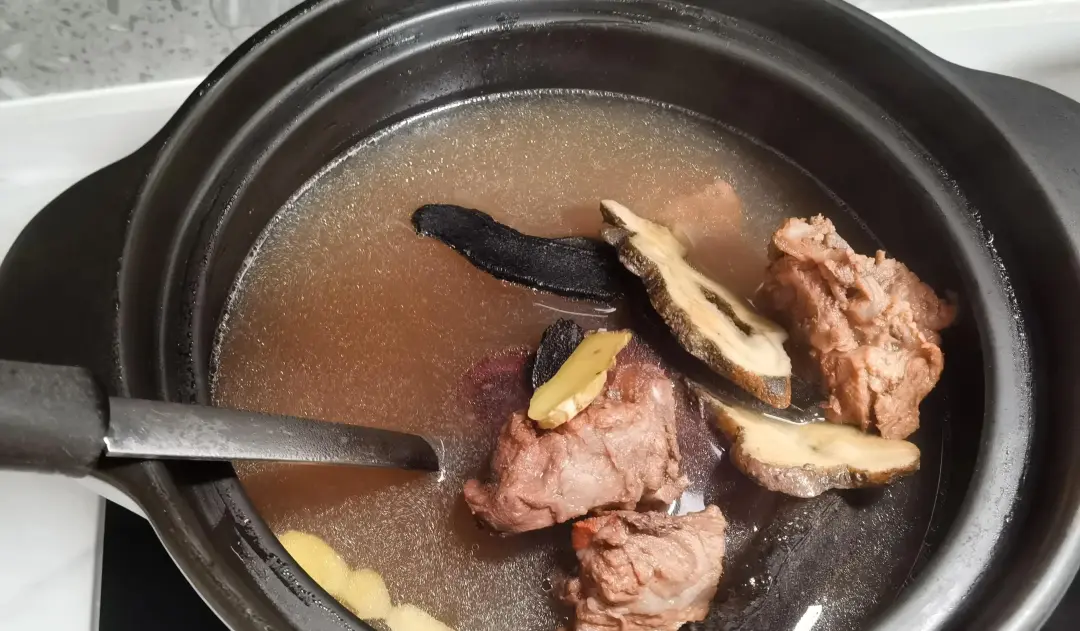
1. Prioritize Liver Nourishment
In spring, the yang energy rises, and the liver qi also begins to flourish. If the liver qi rises too much or too little, it can lead to liver stagnation, resulting in symptoms such as emotional instability, dizziness, and blurred vision. Therefore, spring medicinal dishes should primarily focus on nourishing the liver, using herbs that soothe the liver and relieve depression, and nourish the liver and brighten the eyes, such as Gou Qi Zi (Goji Berries), Ju Hua (Chrysanthemum), and Chai Hu (Bupleurum).
2. Regulate Qi and Harmonize
The spring climate is variable, which can easily lead to qi stagnation, causing symptoms like chest tightness and abdominal distension. Therefore, medicinal dishes can include herbs that promote qi circulation and invigorate blood, and harmonize qi and blood, such as Chen Pi (Dried Tangerine Peel), Sha Ren (Amomum), and Shan Zha (Hawthorn).
3. Strengthen the Spleen and Aid Digestion
Spring is a time when the spleen and stomach functions are relatively weak, often leading to loss of appetite and digestive issues. Medicinal dishes can include herbs that strengthen the spleen, aid digestion, and transform dampness, such as Bai Zhu (White Atractylodes), Fu Ling (Poria), and Shan Yao (Chinese Yam).

Recommended Medicinal Dishes for Spring
Goji Berry and Chrysanthemum Tea
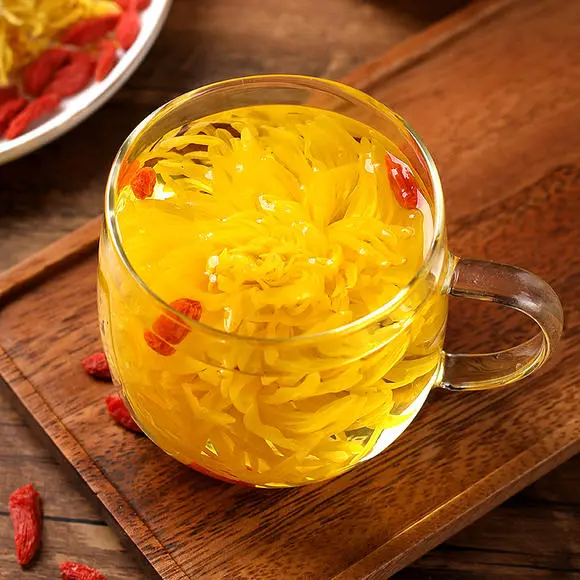
Ingredients: 10g Gou Qi Zi (Goji Berries), 5g Ju Hua (Chrysanthemum), appropriate amount of rock sugar.
Method: Wash the Gou Qi Zi and Ju Hua, place them in a tea cup, add boiling water to steep, and add rock sugar to taste.
Effects: Nourishes the liver and brightens the eyes, clears heat and detoxifies, suitable for symptoms of dry eyes, blurred vision, and dizziness in spring.
Chen Pi and Hawthorn Porridge
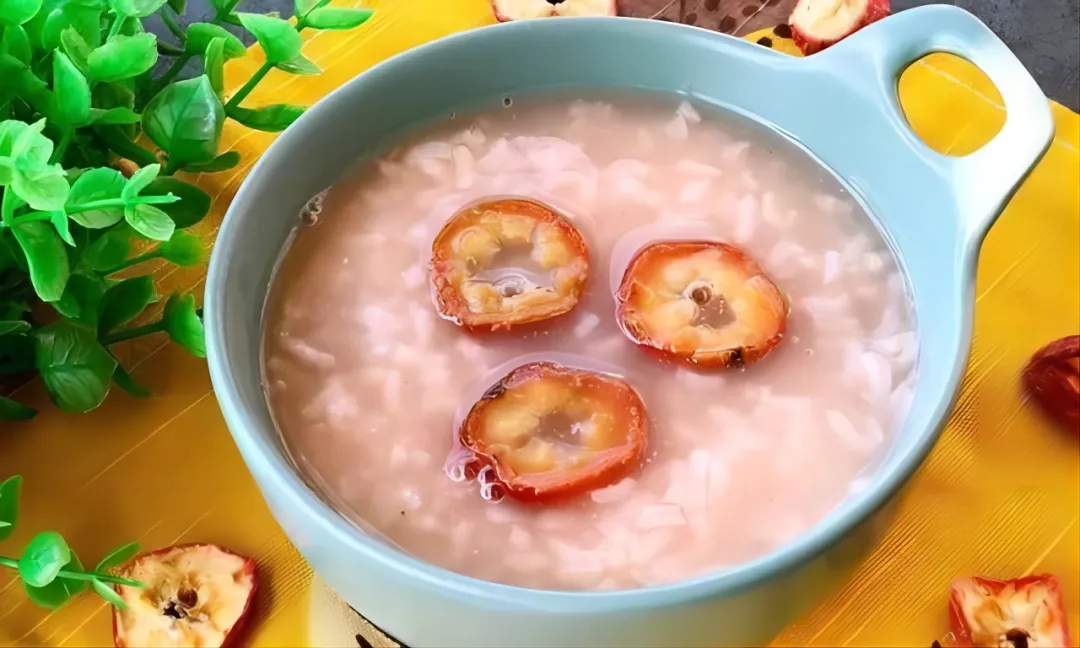
Ingredients: 10g Chen Pi (Dried Tangerine Peel), 15g Shan Zha (Hawthorn), 100g rice, appropriate amount of white sugar.
Method: Wash the Chen Pi and Shan Zha, boil in water for 20 minutes, strain to obtain the juice; wash the rice, add it to the medicinal juice to cook porridge, and add white sugar to taste when done.
Effects: Promotes qi circulation and invigorates blood, aids digestion and resolves accumulation, suitable for symptoms of chest tightness, abdominal distension, and loss of appetite in spring.
Bai Zhu and Fu Ling Stewed Lean Meat

Ingredients: 15g Bai Zhu (White Atractylodes), 20g Fu Ling (Poria), 200g lean meat, appropriate amount of ginger slices, and salt.
Method: Wash the Bai Zhu and Fu Ling, wash and cut the lean meat into pieces, place them in a pot with ginger slices, add water and stew for 1 hour, then add salt to taste.
Effects: Strengthens the spleen and aids digestion, helps transform dampness, suitable for symptoms of spleen and stomach deficiency and digestive issues in spring.

Precautions

1. Individual Differences
Everyone’s constitution and health status are different; when choosing medicinal dishes, it should be tailored to individual conditions to avoid blind choices.
2. Moderation is Key
While medicinal dishes are beneficial, they should not be consumed in excess, as overconsumption may burden the body. Generally, consuming them 1-2 times a week is sufficient.
3. Balanced Diet
Medicinal dishes are just part of body conditioning; individuals should also focus on a balanced and diverse diet, incorporating fresh vegetables, fruits, and whole grains.
4. Avoid Drug Interactions
If taking other medications, consult a doctor or pharmacist before consuming medicinal dishes to avoid adverse reactions or effects on medication efficacy.

The content of this article is sourced from the internet. If there is any infringement, please contact for removal;
This article is for informational purposes only and does not involve specific medical advice. If you feel unwell, please seek medical attention promptly.

If you want to understand your current physical condition, consider visiting the Shunde Oriental Hospital’s TCM Department, where professional TCM practitioners can conduct a TCM constitution assessment through observation, inquiry, pulse diagnosis, and tongue diagnosis to analyze and evaluate your constitution, providing personalized TCM health guidance! For more health questions, feel free to consult the TCM Department at Shunde Oriental Hospital!
